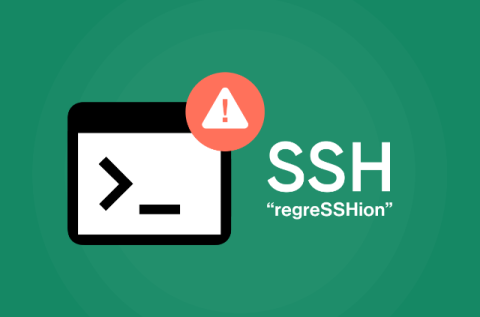CVE-2024-6387 OpenSSH RCE vulnerability ("regreSSHion") - Cato Networks impact and analysis
TL; DR – Multiple versions of OpenSSH are vulnerable to remote code execution. There is no working public PoC, and researchers have only been able to exploit the vulnerability under unique lab conditions. Cato Sockets by default do NOT have a publicly exposed SSH interface, it is always recommended to keep Cato Sockets LAN interface exposed only internally and use comprehensive network access controls to manage SSH access.










